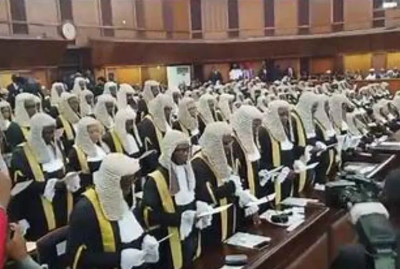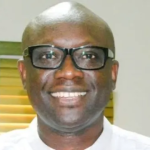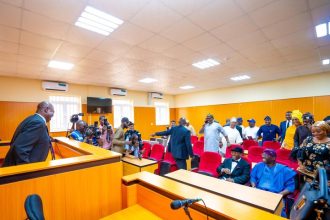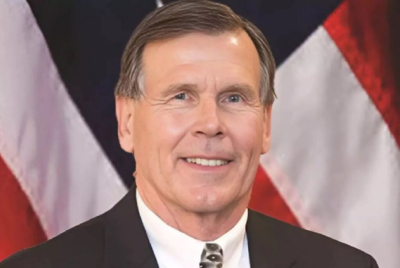Prominent legal figures in Nigeria, including Chief Mike Ahamba, SAN, Chief Adeniyi Akintola, SAN, Mr Femi Falana, SAN, and Dr Wahab Shittu, SAN, have renewed calls for the full implementation of financial autonomy for the judiciary at federal and state levels. This move aims to enhance the welfare of judicial officers and safeguard the judiciary’s independence from executive influence.
The Push for Autonomy
The senior lawyers emphasised that financial autonomy for the judiciary is crucial for ensuring an independent judicial system capable of delivering justice without external interference. They pointed out that Sections 81(3), 121(3), and 162(9) of the 1999 Constitution (as amended) already provide for such autonomy. Judicial pronouncements, including Supreme Court judgements, have further reinforced these constitutional provisions.
Despite these provisions, the judiciary, especially at the state level, continues to depend on the executive arm for funding. The lawyers argued that this dependency undermines the judiciary’s ability to function independently and maintain its integrity.

Constitutional Provisions
The Nigerian Constitution specifies clear guidelines for judiciary funding:
- Section 81(3): Funds in the Consolidated Revenue Fund of the Federation for the judiciary are to be paid to the National Judicial Council (NJC) for onwards disbursement to heads of courts.
- Section 121(3): State judiciary funds in the Consolidated Revenue Fund are to be paid directly to the heads of state courts.
- Section 162(9): Funds from the Federation Account allocated to the judiciary are to be directly paid to the NJC for disbursement to the heads of federal and state courts.
Concerns Over Management of Judiciary Funds
However, some legal practitioners, including a senior lawyer who spoke anonymously, expressed reservations about court heads’ direct handling of judiciary funds. The lawyer warned that improper management could potentially harm the judiciary’s integrity.
Financial Autonomy: Fresh Debate Sparked by Housing Project for Judges
The ongoing push for financial autonomy was reignited by recent controversies surrounding President Bola Tinubu’s decision to gift 40 housing units to serving judicial officers in Abuja. The project, managed by the Minister of the Federal Capital Territory, Nyesom Wike, is designed to improve the welfare of judicial officers.
The housing project is located on a 5.2-hectare plot in Katampe, Abuja, and includes:
- Ten units for Justices of the Court of Appeal
- Ten units for Judges of the Federal High Court
- 20 units for Judges of the FCT High Court
While Wike stated that the project aims to shield the judiciary from undue interference, critics argued that it could compromise judicial independence by fostering reliance on the executive for welfare benefits.

Financial Autonomy: Diverse Opinions Among Legal Experts
Renowned human rights activist Prof. Chidi Anselm Odinkalu criticised the housing initiative, calling it a potential ploy by the executive to influence the judiciary. Conversely, several senior lawyers, including Prof. Awa Kalu, SAN, Mr. O.C.J. Okocha, SAN, Chief Mike Ahamba, SAN, and Prof. Yemi Akinseye George, SAN, viewed the project positively. They argued that enhancing the welfare of judicial officers is essential for maintaining a robust justice system.
The Need for Judicial Independence
The advocates for financial autonomy underscored that true independence for the judiciary requires not just improved funding but also the ability to manage its finances without interference. This would allow the judiciary to provide for the welfare of its officers independently and uphold its constitutional role as the third arm of government.
Conclusion
The ongoing debate highlights the importance of financial autonomy in preserving the integrity and independence of Nigeria’s judiciary. As calls for reform grow louder, stakeholders must find a balanced approach that ensures accountability while empowering the judiciary to function without undue reliance on the executive.









